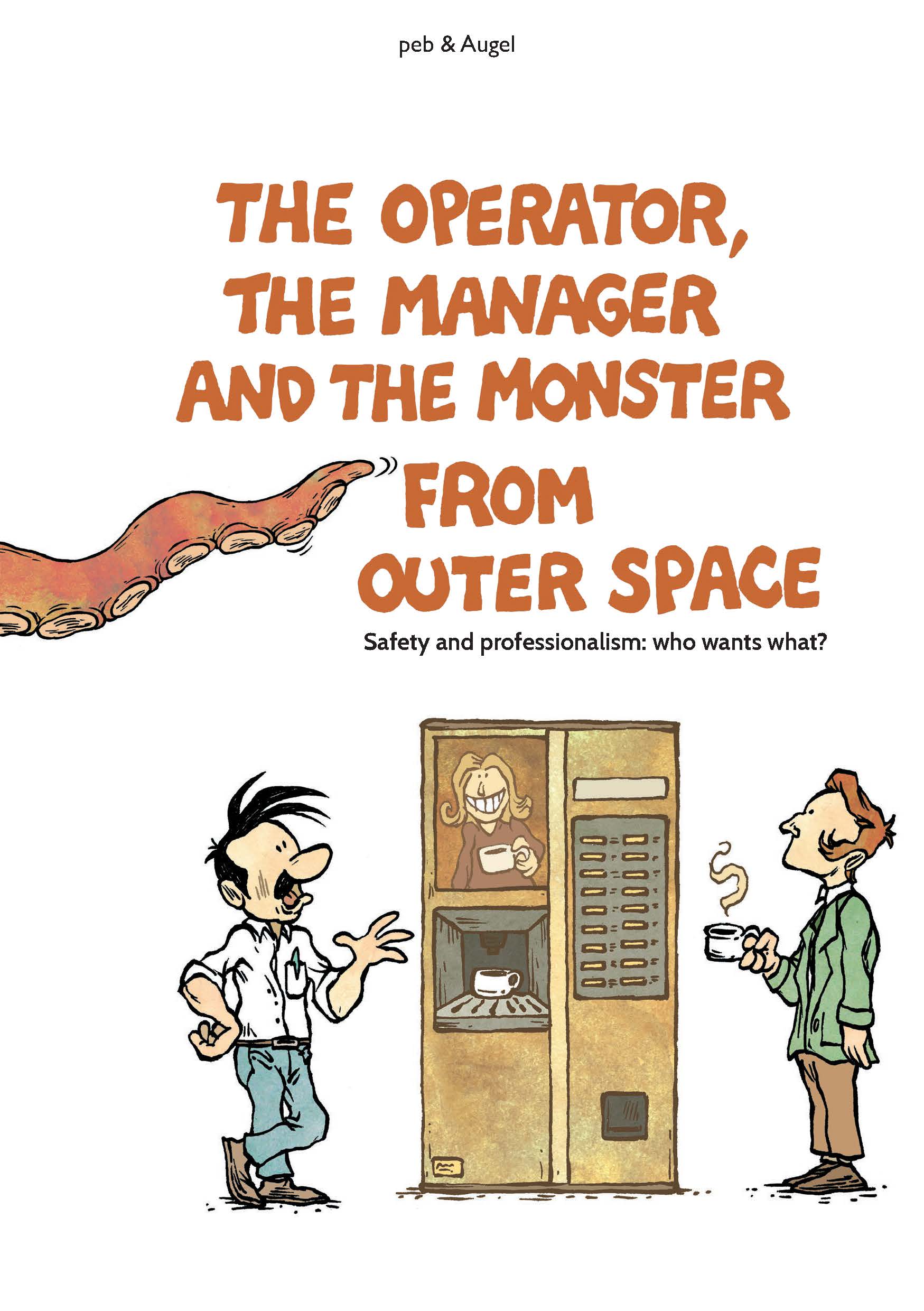Skills & competencies for safety
The strategic analysis on Professionalization started in January 2015 and is close to being completed.
A call for proposals was launched in 2016.
Problem statement
Assuming the existence of an implicit model that positively links the level of safety to training programmes, this model may have reached its limits. In this current model, safety is to a certain extent addressed:
- in isolation from other dimensions: safety is often considered as a specific domain demanding specific actions conducted by specific actors.
- disembodied from the actual working situation: safety is usually highlighted as a priority without taking into account the necessary trade-offs resulting from the multiple stakes (business continuity, productivity, profitability, innovation etc.), that characterize actual work situations.
- defined by actors driven by accountability issues and exogenous norms: the increasing importance of risk issues in the public debate leads to a considerable production of standards, regulations and procedures largely defined through the prism of accountability, with strong administrative and legal components.
Therefore, in order to move beyond the implicit model, Foncsi questions the academic community as well as experts concerning existing or possible alternative approaches in terms of safety, particularly through professionalization issues.
PUBLICATIONS
 | ||
| > 2015-07 - Safety: a matter of “professionals” ? | > Beyond Safety Training Embedding Safety in Professional Skills | > The operator, the manager |
Call for proposals
A call on this theme was launched in the first quarter 2016.
6 teams were chosen for the research :
- Transformations des activités, des opérateurs et des organisations : vers des propositions de formation à et par la résilience
Germain Poizat (Genova University, Switzland) - Évaluation des dispositifs de formation à la sécurité : travail, acteurs, parcours
Catherine Delgoulet (Paris Descartes University, France) - Pour une évaluation des apports des technologies numériques dans les formations à la gestion des risques dans les industries à risques
Alain Garrigou (IUT Bordeaux, France) - La professionnalisation de sécurité : étude qualitative et quantitative exploratoire
Wim Van Wassenhove (Mines ParisTech, France) and Hervé Laroche (ESCP Europe, France) - Devenir acteurs de la prévention : concevoir des dispositifs de développement du « Pouvoir d’agir » en sécurité
Lucie Cuvelier (Paris 8 University, France) - A multimethod system for the assessment and training of teamwork in simulated scenarios
Fabrizio Bracco (Genoa University, Italia)
ScientifiC COmMITTEEs
Scientific committee of strategic | Scientific committee ofcall for proposals (GCAP)Experts and industrials associated with
|
ContactS
Strategic Analyses CoordinatorCaroline Kamaté | Call for proposals CoordinatorEric Marsden |

